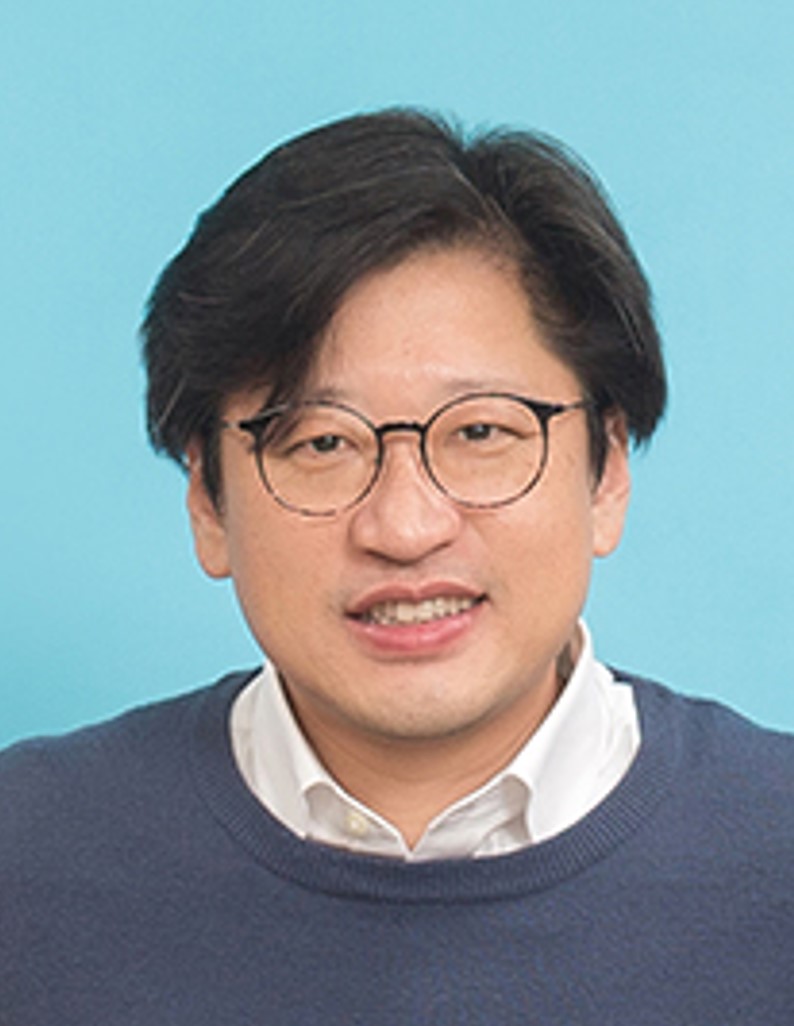李峻霣 Jiun-Yun Li
國立台灣大學電機工程學系 副主任
國立台灣大學電子工程學研究所 教授
國立台灣大學重點科技學院 教授
Professor, Graduate Institute of Electronics Engineering, National Taiwan University, Taipei, Taiwan
Professor, Graduate School of Advanced Technology, National Taiwan University, Taipei, Taiwan
主要研究領域:
量子計算、邏輯與記憶體元件、自旋電子、半導體磊晶Major Research Areas:
Quantum computing, logic and memory devices, spintronics, and semiconductor epitaxy研究領域摘要:
量子計算:
元件微縮經過了六十年的發展後即將邁入尾聲,量子計算由於其無與倫比的計算能力,無疑是未來計算科技中最有潛力的候選人,其中又以半導體與超導體這兩個固態系統最引人注目,主要是因為其可擴展性與傳統Si CMOS的高度相容性。
本實驗室致力發展大型量子位元系統並與低溫CMOS元件進行整合,主要的研究項目包括(i) Si/SiGe、Ge/GeSi、與GeSn/Ge異質結構成長 heterostructures;(ii) 量子點元件與約瑟夫森結元件製作;(iii) 自旋操控技術如electron-spin resonance (ESR)、electric-dipole spin resonance (EDSR)及spin-orbit coupling (SOC);(iv) 量子位元(~ 20 mK)與cryo-CMOS (1.5 K)的低溫特性量測分析.
Research Summary:
Quantum Computing
Device scaling of CMOS may not continue after so much great success in the past six decades. For future computing technologies, quantum computing is the most promising candidate owing to its ultimate computing power compared to classical computing. Among all candidates, solid-state systems such as spin qubits and superconducting transmon qubits have attracted much attention because of scalability and compatibility to Si-based CMOS VLSI technology. Our group is aiming for the development of large-scale qubit system integrated with the cryo-CMOS devices by working on (i) material growth of Si/SiGe, Ge/GeSi, and GeSn/Ge heterostructures, (ii) device fabrication of quantum dots and Josephson junctions devices, (iii) spin manipulation by electron-spin resonance (ESR), electric-dipole spin resonance (EDSR), or spin-orbit coupling (SOC), and (iv) cryogenic characterizationof qubit devices (~ 20 mK) and cryo-CMOS (1.5 K).

-
B.S.
National Taiwan University, 1998 -
M.S.
University of Maryland, College Park, 2007 -
Ph.D.
Princeton University, 2013
-
Address
EE2-221,
Department of Electrical Engineering,
National Taiwan University,
Taipei 106, Taiwan -
Phone
+886-2-33661774 -
Email:

-
Office Hour
by email appointment -
Personal Homepage
https://sites.google.com/g.ntu.edu.tw/jiunyun/home